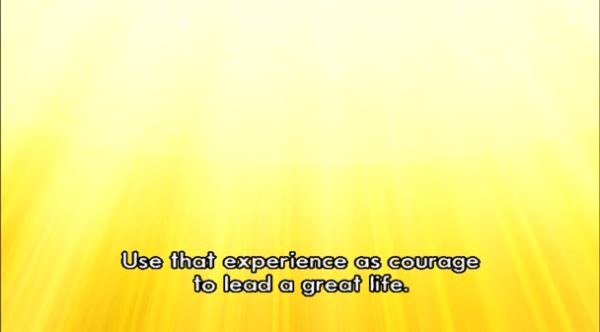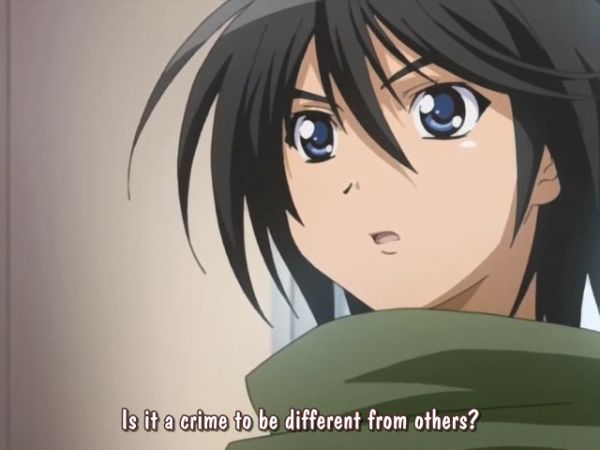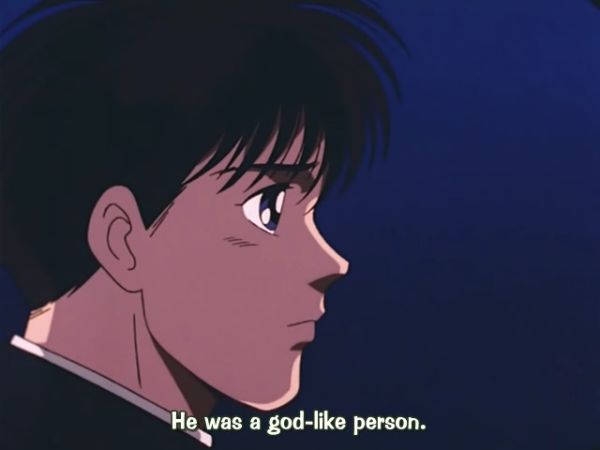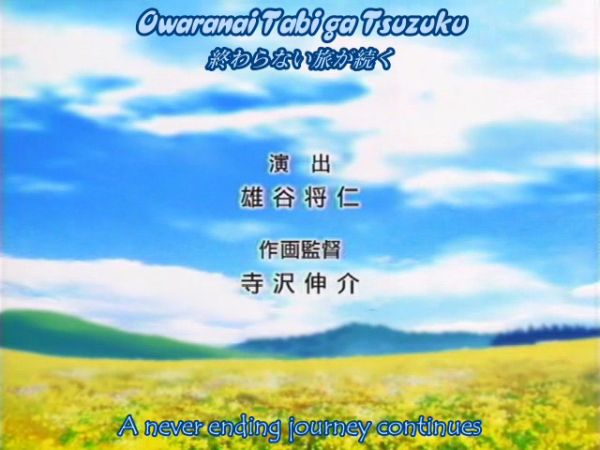
Of course, if I see the Light and don’t live a great life of love and wisdom, it is worse than nothing. And if you have to rely on books and the words of others, but you use that knowledge to live a great life, then you are much better off.
In all large religions, there are two main groups of followers. One sees religion in much the same way as any other cultural or social event. They go to the church, mosque, temple or synagogue in much the same frame of mind as they would go to a theater, a concert, a movie or a sports event. Â They may be fanatic about their religion, but then in much the same way as British soccer hooligan attack supporters of opposing teams with stones and beer bottles.
These camp followers are generally the first to leave when religion loses its influence in society. I will not discuss them in further detail today. Rather let us look at those who remain: Â Those who take their religion personally and seriously. Â (Although most have other interests too.)
The personally religious again fall into two categories, one large and one small. The large group is what we call exoteric. Â In a less precise but more understandable word, we could say “external” religion. Â They rely on ritual and dogma as the highest expression of their religion.
Exoteric knowledge is learned the same way as any factual knowledge. To make this easier to understand, imagine that you live in another country and you learn the names of all major cities in Belgium, and where they lie on the map, and their relative sizes. Â This knowledge can be learned and taught without ever setting foot in Belgium. Â In the same way, exoteric religion can be transmitted without personal experience.
That is not to say that an exoteric religious person never has any religious experience that transcends what you would experience reading a dictionary. Far from it, such experiences are quite common. Â But they are vague, haphazard, and play no large role in their life. In fact, exoteric religion usually warns against any altered states of consciousness. And while it does encourage ethical behavior, it is such as can be achieved by training and strength of will. It is not recommended to be transformed into something utterly different from an ordinary human. On the contrary, such a thing is seen as dangerous. Â (Which it often is, of course. Â Insane people go through this regularly, and are probably rather more common in society than esoterists.)
The exoteric believer gains strength from ritual and dogma. Â If he cannot perform his rituals, his religion begins to fade from his mind, and this makes him feel bad. (To his credit!) Â Likewise if someone manages to cause doubt in his mind about a dogma, it feels as if his religion is falling apart for him. Some atheists take a perverse pleasure in seeking out believers and dissing their dogma. The predictable reaction of the exoteric believer is to put his fingers in his ears and chant LA LA LA LA I CAN’T HEAR YOU LA LA LA, figuratively if not literally, and this is prime entertainment to some people. Of course there are also atheists who don’t like to cause mental suffering in others, but since you generally don’t hear much from them, it is perfectly reasonable for the believer to think that all atheists thrive on suffering. Â It is not actually true however.
But there are also esoteric Christians, Muslims, Jews, Hindus, Buddhists and so on. In each case, these are a minority. It seems to be a personality type, and often asserts itself early in life. The esoteric person often has gone through a brief period as exoteric, but found the need to go beyond this traditional view.
To the esoterist, ritual and dogma point toward something else. Â If you point at the moon, a man will look at the moon, but a cat will look at your finger. (And likely swipe at it, at that.) The esoterist does not worship his religion, but rather that which his religion points toward: Â The Absolute, the Tao that cannot be spoken, the God who cannot be named, who lives in a Light into which no one can enter, whom no man has seen or can see. And yet, despite being unspeakably alien and remote, the One resides in some way in the depth of our soul, at our deepest core.
This is blasphemy to the exoterist. Â As far as he is concerned, the psychic being that resides in his body is himself, the ego, and nothing else (if all goes well – there may be the occasional demonic incursion if you live in a culture that accepts such things.) What he hears the esoterist say is “I am God”, which of course is a pretty good reason to kill the blasphemer on the spot. And of course, if you truly are convinced that you are ego all the way down, then the notion that any of this is divine is utter blasphemy, no doubt about it.
The esoterist has a kind of sense – the eye of the heart, it is often called – that lets him directly perceive truth. Â He does not arrive at it by logic, but his love for truth and the One Truth which is the wellspring of all truth is such that he experiences it directly, as a kind of unity, much like your senses perceive your body as being one with you.
There are among esoterists again two sorts. Â The most rare, and it is exceedingly rare indeed, is he who can perceive Truth directly with no assistance except the Divine itself. He is the one who has the open eye of the heart. There is no limit to what he may learn, except his lifespan and the direction of his effort. Â For Truth is limitless, so even the greatest adept is unlikely to explore it all in a lifetime!
When the esoteric adept tries to share the truth he has acquired this way, he will tend to try to explain it logically. For truth is logical – it is not true because it is logical, but logical because it is true. But this is generally seen as an invitation to debate, for there are many who are masters of logic. But if your first premises are wrong, then no amount of logic will make your conclusions right. Â The seeing cannot compromise with the blind in a discussion of what he has seen.
At his point the esoteric adept will normally say something like “This is not open to debate. This is the truth, and it is your loss if you don’t accept it. The presence of the blind will not cause the sun to stop shining.”
The exoterist will predictably be offended. He will see the other as arrogant, blasphemous or crazy. Â And reasonably so: At any time, there is no lack of actual insane people claiming to be sent by the Master of Orion to warn us that the Negroes will kill us all, or Dick Cheney is the Antichrist, or Hitler will return with a fleet of flying saucers. And they are absolutely certain of this and need no proof. It is the truth, they have seen it, and are sharing it out of the goodness of their heart. Â How exactly is that different?
But I skipped a group here. What about the majority of the minority? What about the esoterists who cannot just stare at Truth and see it as it is? These are those who, when they hear the Truth, recognize it. Their mode of perception is more like hearing than seeing, I guess. Â When they hear Truth, it echoes in their heart, like a memory that awakens. Â And once it awakens, it returns to life with great strength, which surpasses doubt. Â It is as if they somehow knew this all before they were born, and only needed to be reminded of it.
These are what we may call disciples. The Truth they recognize is not something they just learn, like cities in Belgium. It is like a memory of having been there. They can no more doubt it than they can doubt the ground they are walking on or the air they breathe. And the Truth sets them free. They become able to see far-reaching consequences that are not obvious to others. They see deeply into the future or into the human heart. They have gained something that ordinary people are lacking. Â There is a conviction and a light in their eyes, and they become able to help others.
After these again come the theologians, years later, transcribing the truth into ritual and dogma. Â And so a new branch of religion has been born, and go on its merry way, perhaps one day becoming powerful enough to persecute the others. Â Until another visionary appears…
***
Well, that was not as exact and as lucid as I wanted it to be. Â But I think it may serve as an introduction, to see whether this might interest you at all. As always, I am more of a spiritual tourist than a teacher, so before risking your soul, be sure to find a more reliable source. Â Well, unless you have one in your own heart, I suppose.









